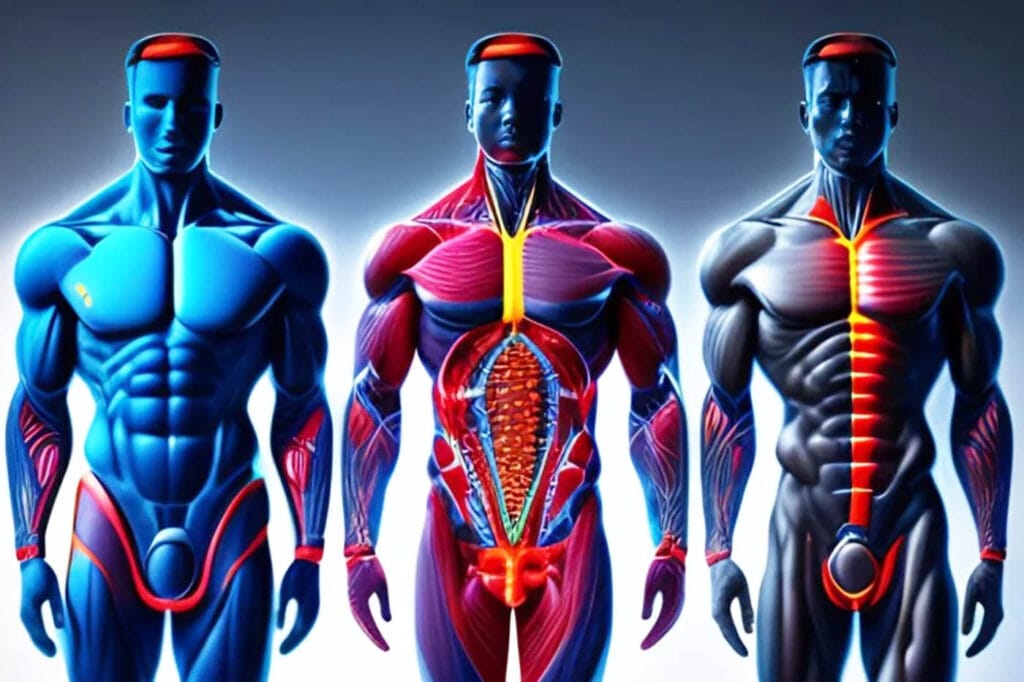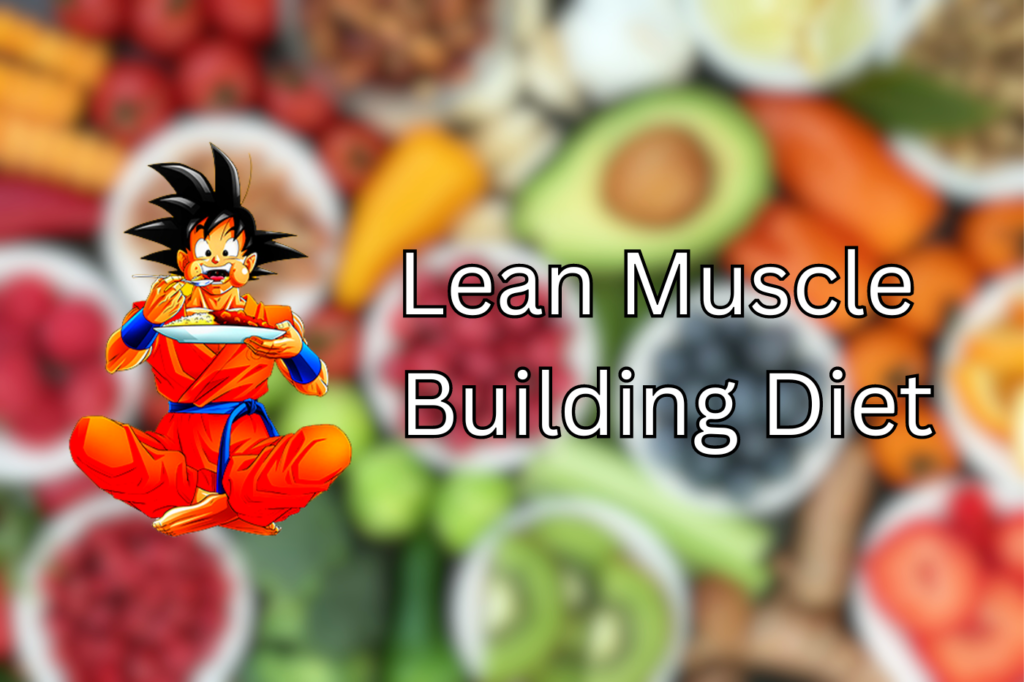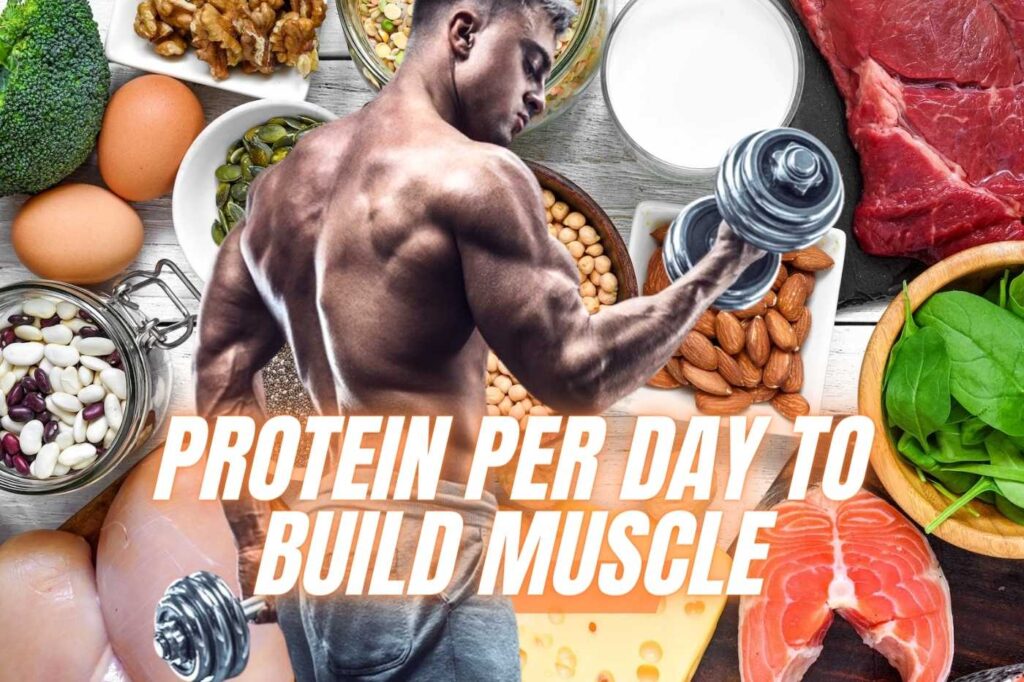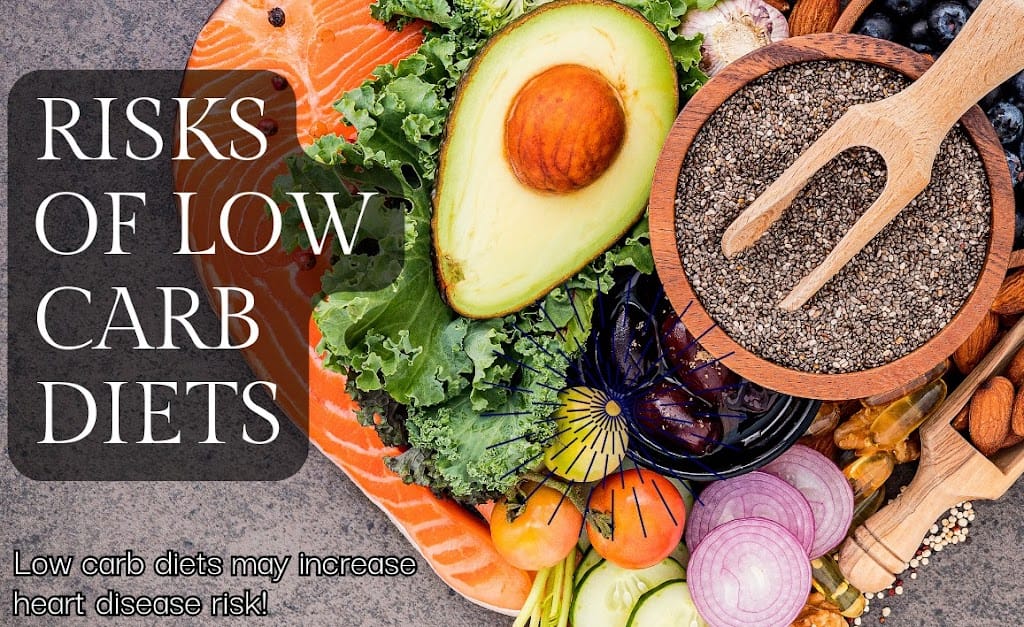Body detoxing involves eliminating toxins from the body, while nutrition ensures the intake of essential nutrients for optimal health. Body detoxing and proper nutrition are fundamental to maintaining good health.
Detoxing helps remove harmful substances, promoting better organ function and increased energy levels. Proper nutrition provides the necessary vitamins, minerals, and other nutrients that the body needs to function efficiently. A balanced diet rich in fruits, vegetables, lean proteins, and whole grains supports detoxification processes naturally.
Combining detoxing practices with a nutritious diet can boost the immune system, improve digestion, and enhance overall well-being. Making informed dietary choices and incorporating healthy habits are key steps towards achieving a cleansed and nourished body.
It’s crucial to keep in mind that:
- Good Health and Nutrition Go Hand in Hand: Maintaining good health is closely tied to a balanced diet. With an overwhelming amount of advice available on the best foods and weight loss strategies, it can be challenging to know where to begin. This guide is here to simplify things for you.
- Physical Activity Boosts Well-being: Incorporating physical activity into your daily routine is essential to enhance your energy levels and metabolism. By making small changes to your daily activities, you can reap significant rewards.
- Alternative Medicines Can Play a Role: Worldwide, an increasing number of people are turning to alternative medicines to support their pursuit of a healthy lifestyle. These complementary therapies aim to alleviate illnesses or symptoms, promoting overall well-being.
Healthy Eating
Why is Healthy Eating Important?
As we age, maintaining a healthy weight and a balanced diet becomes essential for our overall well-being. It not only helps improve how we feel but also reduces the risk of developing various illnesses and diseases.

Components of a Healthy Diet
A healthy diet includes:
- Moderate Dairy Consumption: Opt for low-fat dairy products to ensure you get the necessary calcium without excessive saturated fats.
- Balanced Protein Sources: Include a moderate amount of meat, fish, or alternatives like eggs, beans, and peas. Opt for leaner cuts when possible to minimize unhealthy fats.
- Occasional Treats: Foods high in fat, salt, or added sugar should be consumed in moderation to maintain a healthy balance.
- Plenty of Starchy Foods: Incorporate rice, bread, pasta, potatoes, breakfast cereals, yams, and sweet potatoes into your diet. Choose wholemeal options when available for added fiber and nutrients.
- Five Portions of Fruits and Vegetables Daily: Ensure a variety of fruits and vegetables in your daily meals to provide essential vitamins, minerals, and antioxidants.
- Limit Salt Intake: Be mindful of your salt consumption by checking food labels and opting for low-sodium options whenever possible.
Physical Activity
Getting active is one of the best ways to lose weight and stay fit. Various activities and sports can help you shed pounds and maintain a healthy lifestyle. Physical activity not only aids weight loss but also promotes overall health.

Activities to consider include:
- Cycling: A fun and effective way to improve cardiovascular fitness while toning leg muscles.
- Dancing: Get your heart rate up while enjoying the rhythm and movement.
- Football: Engage in team sports for camaraderie and a full-body workout.
- Gym workouts: Utilize a variety of exercise equipment and classes to target different muscle groups.
- Running or jogging: An accessible and effective exercise for cardiovascular health and weight management.
- Racket sports: Play tennis or squash for an enjoyable way to burn calories and improve agility.
- Swimming: Gentle on joints, swimming provides a full-body workout and helps improve endurance.
- Tai Chi: A low-impact exercise combining meditation and movement for balance, flexibility, and relaxation.
- Walking or hiking: Incorporate regular walks or hikes to improve cardiovascular health and strengthen leg muscles.
- Yoga: Enhance flexibility, balance, and strength while promoting relaxation and stress reduction.
Calories and Weight
Understanding the relationship between calories and weight is crucial. To lose one pound of fat, you need to create a calorie deficit of 3,500 calories. Losing 1-2 pounds per week is a sensible goal, achievable by increasing physical activity, reducing calorie intake, or both.
Here are some small changes that can help you burn extra calories:
- Opt for stairs over the elevator to engage your leg muscles and burn more calories.
- Walk on escalators instead of standing still to increase movement and calorie expenditure.
- Choose walking or cycling for short distances instead of driving to incorporate physical activity into your daily routine.
- Park your car farther from your destination to encourage additional walking.
- Incorporate exercise into your lunch break, such as swimming or yoga, to maximize your calorie burn during the day.
Benefits of Exercising
The advantages of regular exercise go beyond weight loss:
- Enhanced Emotional Well-being: Even light exercise can boost your mood, while more intense activities stimulate the release of mood-enhancing compounds called endorphins.
- Reduced Risk of Heart Disease: Regular exercise can improve cardiovascular function and reduce the risk of heart disease.
- Improved Memory: Exercise increases blood and oxygen flow to the brain, revitalizing your mind and potentially enhancing memory.
- Lower Risk of Diabetes: Physically active individuals are less likely to develop diabetes, as exercise enhances the body’s ability to use sugar for energy and reduces the need for insulin.
- Additional Benefits: Exercise improves sleep patterns, increases strength, boosts energy levels, provides pain relief, enhances longevity, and increases bone density.
Healthy Weight
Achieving and maintaining a healthy weight is attainable by embracing a healthy diet and regular physical activity. This not only reduces the risk of various diseases but also helps you reach your desired weight.

Checking your body mass index (BMI) is a helpful tool:
- Calculate your BMI by dividing your weight (in kilograms) by your height (in meters) squared.
- A BMI below 20 indicates underweight, while a BMI over 25 is considered overweight, and over 30 is classified as obese.
To attain a healthy weight, focus on:
Healthy Diet:
Opt for low-fat and low-calorie foods, particularly fruits and vegetables. Replacing high-fat and high-sugar foods with these healthier options can significantly contribute to your journey to a healthier weight.
Exercising:
Incorporate exercise into your daily life. Whether it’s a brisk walk, a gentle jog, or an exercise class, choose activities that you find enjoyable. Aim to raise your heart rate at least four to five times a week as an adult.
Five Top Tips:
- Maintain an Accurate Food Diary: Keeping a record of what you eat helps you stay accountable and identify areas for improvement.
- Set Achievable Health Goals: Establish realistic targets that motivate you and measure your progress regularly.
- Make Healthy Choices a Routine: Incorporate healthy eating and exercise habits into your daily life until they become second nature.
- Celebrate Your Progress: Recognize and reward yourself for achieving milestones on your journey to better health.
Commit to Lifelong Changes: Embrace a long-term mindset and commit to sustainable lifestyle changes rather than quick-fix solutions.
Body Detoxing
Juice cleanses are very common today. People drink only fruit and vegetable juices. This helps to remove toxins from the body. Fasting is another popular method. People stop eating for a short time. This gives the body a rest. Detox teas are also trendy. These teas claim to cleanse the body. Some people use detox diets. They eat only natural foods. These methods aim to improve health.
Many celebrities promote detox methods. They share their experiences on social media. Fans follow their routines. This creates a trend. Celebrities like Gwyneth Paltrow and Beyonce have talked about detoxing. Their fans see them as role models. This increases the popularity of detox methods. People want to look and feel like their favorite stars. This drives the detox culture forward.
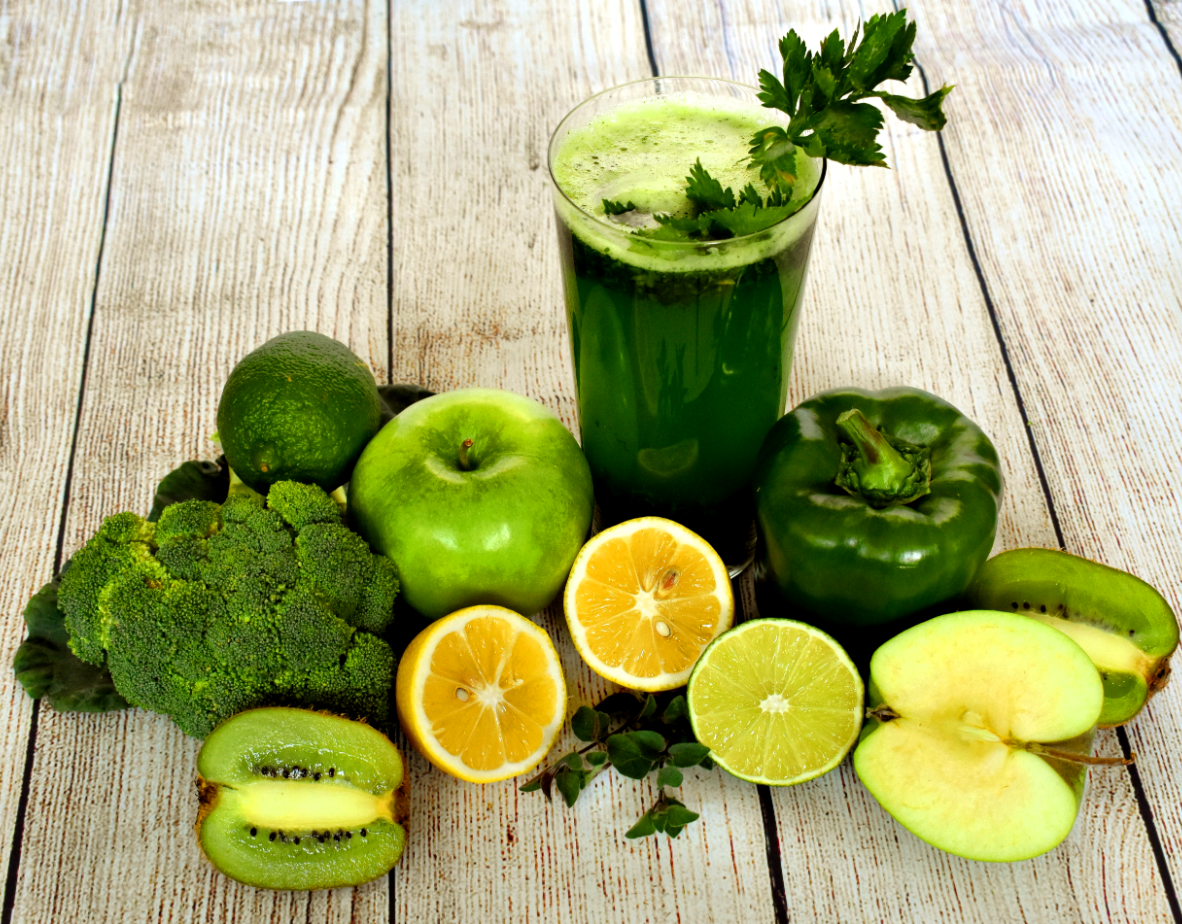
What Is Body Detoxing?
Detoxing is a natural process by which the body removes toxins. The liver, kidneys, and skin play key roles. The liver filters harmful substances. Kidneys flush out waste through urine. Skin helps by sweating out toxins. Detoxing is crucial for maintaining health.
Many believe detox diets are necessary. This is a myth. The body detoxes on its own. Special diets or cleanses are not needed. Another myth is that detoxing leads to rapid weight loss. Weight loss comes from healthy eating and exercise. Some think detoxing removes all toxins. In reality, the body always contains some toxins.
Benefits of Detoxing
Detoxing can kickstart your journey to a healthier lifestyle and weight loss, offering benefits such as:
- Weight Loss Catalyst: Detoxing can jumpstart a weight loss program by removing toxins that may hinder metabolic processes.
- Increased Energy Levels: It can boost your energy and vitality, leaving you feeling rejuvenated.
- Revitalized Skin: Detoxing can help improve the condition of your skin by flushing out toxins and promoting a healthy complexion.
Nutrition’s Role In Detoxification
Vitamins and minerals are crucial for detox. They help the body’s natural cleansing process. Vitamin C boosts the immune system and helps detox. B vitamins support liver function and energy levels. Magnesium helps remove toxins and supports digestion.
Zinc is essential for immune function and detoxification. Selenium is a powerful antioxidant that helps fight off toxins. Fiber is vital for a healthy digestive system. It helps move toxins out of the body.
Leafy greens like spinach and kale are great for detox. They are rich in vitamins and minerals. Citrus fruits like oranges and lemons help cleanse the liver. Garlic is a natural detoxifier and boosts the immune system.
Ginger aids digestion and helps remove toxins. Green tea is full of antioxidants that promote detox. Beets are high in nutrients that support liver function. Water is crucial for flushing out toxins. Drink plenty of it daily.
Detoxing Diets Examined
Juice cleanses involve drinking only fruit and vegetable juices for a set period. This method aims to flush out toxins and boost nutrient intake. People usually follow juice cleanses for three to seven days. It is crucial to choose organic and fresh produce for better results. Some people may experience headaches and fatigue during the cleanse.
Fasting means going without food for a specific time. Intermittent fasting is a popular method, involving eating within a set window. Another variant is water fasting, where only water is consumed. Alternate-day fasting requires eating every other day. Fasting can help reduce inflammation and improve metabolism. It is essential to consult a doctor before starting any fasting regimen.
Supplements For Detox Support
Natural supplements come from plants or animals. They are usually less processed. These supplements are often seen as safer. Synthetic supplements, on the other hand, are made in labs. They can have more controlled ingredients. Some people think they are less safe. Choosing between them depends on your needs. Many prefer natural options for body detoxing. Others find synthetic ones more effective.
Always check the ingredients first. Make sure you know what is inside. Look for certifications on the label. They show that the product is tested. Read customer reviews online. They can give you insights. Talk to a health professional. They can guide you better. Do not forget to consider any allergies. Always choose trusted brands. They usually have better quality.
Impact Of Detox On Health
Body detoxing can help remove toxins from the body. People might feel more energetic after detoxing. Skin can look clearer and more radiant. Digestion may improve, and some might lose weight. It’s important to choose the right detox program. Fresh fruits and vegetables are good choices.
Detoxing can have side effects. Some people may feel tired or weak. Headaches are also a common symptom. Stomach problems like cramps can happen. Skipping meals can lead to nutrient deficiency. Always consult a doctor before starting a detox.
Lifestyle Changes For Continuous Detox
Exercise helps to remove toxins from your body. It makes you sweat, which is good. Sweating helps to get rid of bad stuff in your body. You can start with simple exercises. Walking or jogging is a good start. Try to exercise at least 30 minutes every day. It can be fun and keep you healthy. Make exercise a part of your daily routine. Your body will thank you for it.
Stress can make your body hold onto toxins. Reducing stress is important for detoxing. You can try deep breathing exercises. They are easy and help you relax. Meditation is another good way to reduce stress. It can calm your mind and body. Yoga is also helpful. It combines exercise and relaxation. Find a hobby you enjoy. It can be reading, painting, or gardening. Doing what you love helps reduce stress.
Creating A Sustainable Detox Plan
Everyone’s body is different. A detox plan should be personalized. Start by assessing your health needs. Think about your diet and lifestyle. Consult with a nutritionist if needed. Choose foods that you enjoy. This will help you stick to the plan. Hydration is key. Drink plenty of water. Add some fresh fruits to your meals. They are rich in vitamins.
Avoid processed foods. They can be harmful. Focus on whole foods instead. Incorporate exercise into your routine. This helps to boost metabolism. Rest is also important. Make sure to get enough sleep. This helps your body to recover.
Consistency is vital for long-term success. Make healthy choices a habit. Set realistic goals. Celebrate small wins. This keeps you motivated. Surround yourself with supportive people. They can help you stay on track.
Monitor your progress. Adjust your plan if needed. Listen to your body. It tells you what it needs. Continue to educate yourself. Learn about new healthy recipes. Stay active and keep moving. Your body will thank you.
Frequently Asked Questions
What Foods Are Good For Detoxing The Body?
Leafy greens, berries, citrus fruits, and cruciferous vegetables aid detoxification. Drink plenty of water, green tea, and lemon water.
What Are Signs Your Body Is Detoxing?
Common signs of detoxing include headaches, fatigue, nausea, irritability, and skin breakouts. You may also experience digestive changes.
What Nutrient Helps Cleanse The Body Of Toxins?
Vitamin C helps cleanse the body of toxins. It supports liver function and boosts the immune system. Other detoxifying nutrients include fiber, antioxidants, and water.
How Do I Detox My Entire Body?
To detox your body, drink plenty of water, eat whole foods, exercise regularly, get enough sleep, and reduce stress.
Conclusion
Achieving a healthy body through detoxing and nutrition is possible with the right choices. Focus on whole foods and proper hydration. Listen to your body’s needs and make gradual changes. Embrace a balanced diet for long-term benefits. Remember, consistency is key to a healthier lifestyle.

